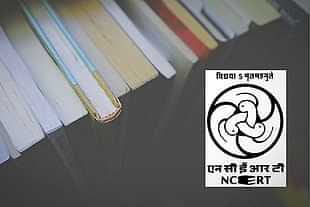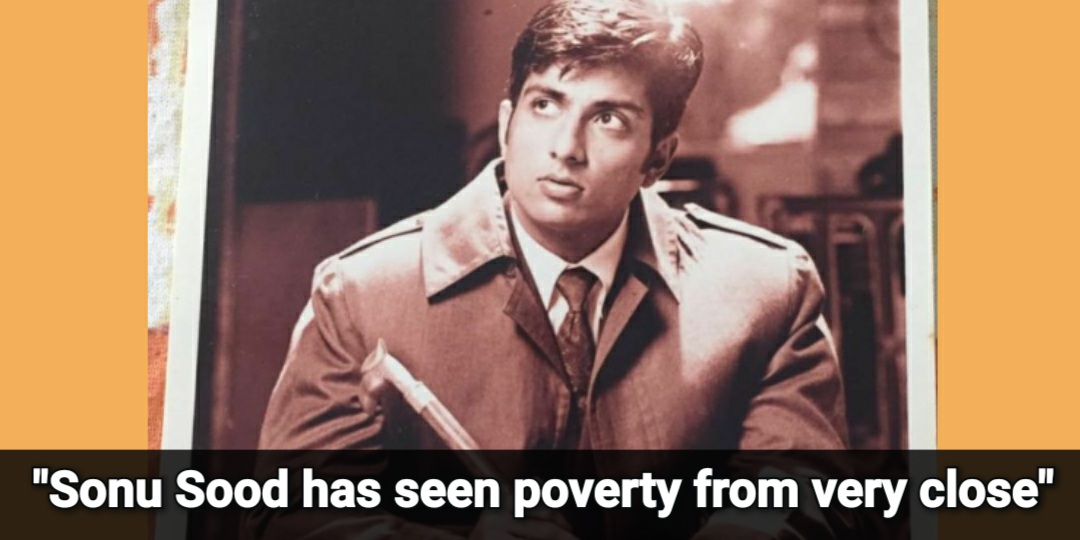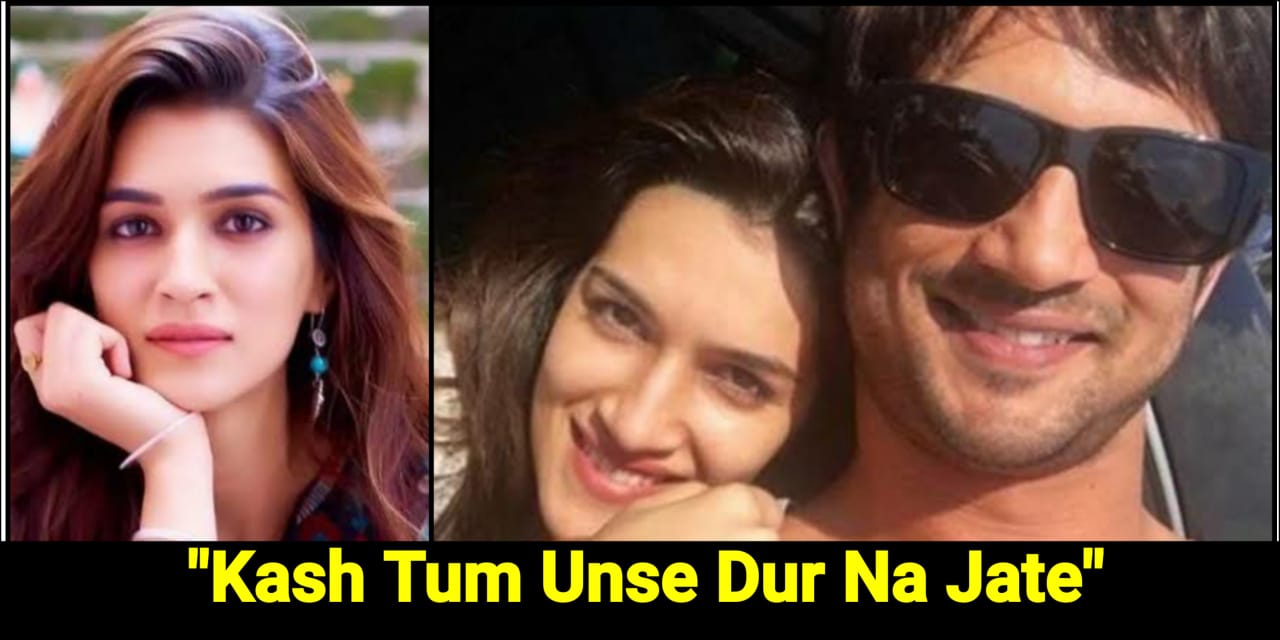No products in the cart.
Aurangzeb gave grants to Temples: glorifies NCERT book, has no sources to back this claim
The National Council of Educational Research and Training (NCERT) has recently issued a statement saying that it has no information about the sources of the claim that Mughal emperor Aurangzeb gave grants to repair Hindu temples. This claim has been made in NCERT’s history textbooks, which has also raised a lot of controversy.

An RTI was filed to obtain evidence in favor of this claim. NCERT said that it has no information to support the claim made in the history textbook that Aurangzeb gave grants for reconstructing temples destroyed during wars in the Indian subcontinent. NCERT sent the RTI reply last year, which has gone viral on social media.
The NCERT book meant for Class 12 students states: All Mughal emperors gave grants for constructing and maintaining places of worship. In the reigns of Shah Jahan and Aurangzeb, grants were made for temple repairs even when they were destroyed by war.
Many were surprised by Mughal rulers’ claims of generosity, as Aurangzeb is known to have ordered the destruction of sacred temples in Kashi and Mathura.
RTI also asked NCERT how many temples Shah Jahan and Aurangzeb repaired. In response to this, Professor Gauri Shrivastava, Head of the Department of Social Science Education, said NCERT has no information about the sources used for this claim, nor about how many temples were rebuilt by Mughal rulers like Aurangzeb and Shah Jahan.
NCERT wrote in its reply, This information is not available in the files of the department. In addition, NCERT textbook revision and improvement are among the biggest demands of the Narendra Modi government.
This issue has been controversial for a long time. Many historians and critics believe that Aurangzeb has been shown as a cruel ruler who only damaged Hindu temples. At the same time, some other historians claim that there were also instances of religious tolerance during Aurangzeb’s rule.
NCERT’s admission that they have no concrete evidence to support this claim has further fuelled the controversy. The question arises whether this claim is historically correct or was based only on a theoretical interpretation.








